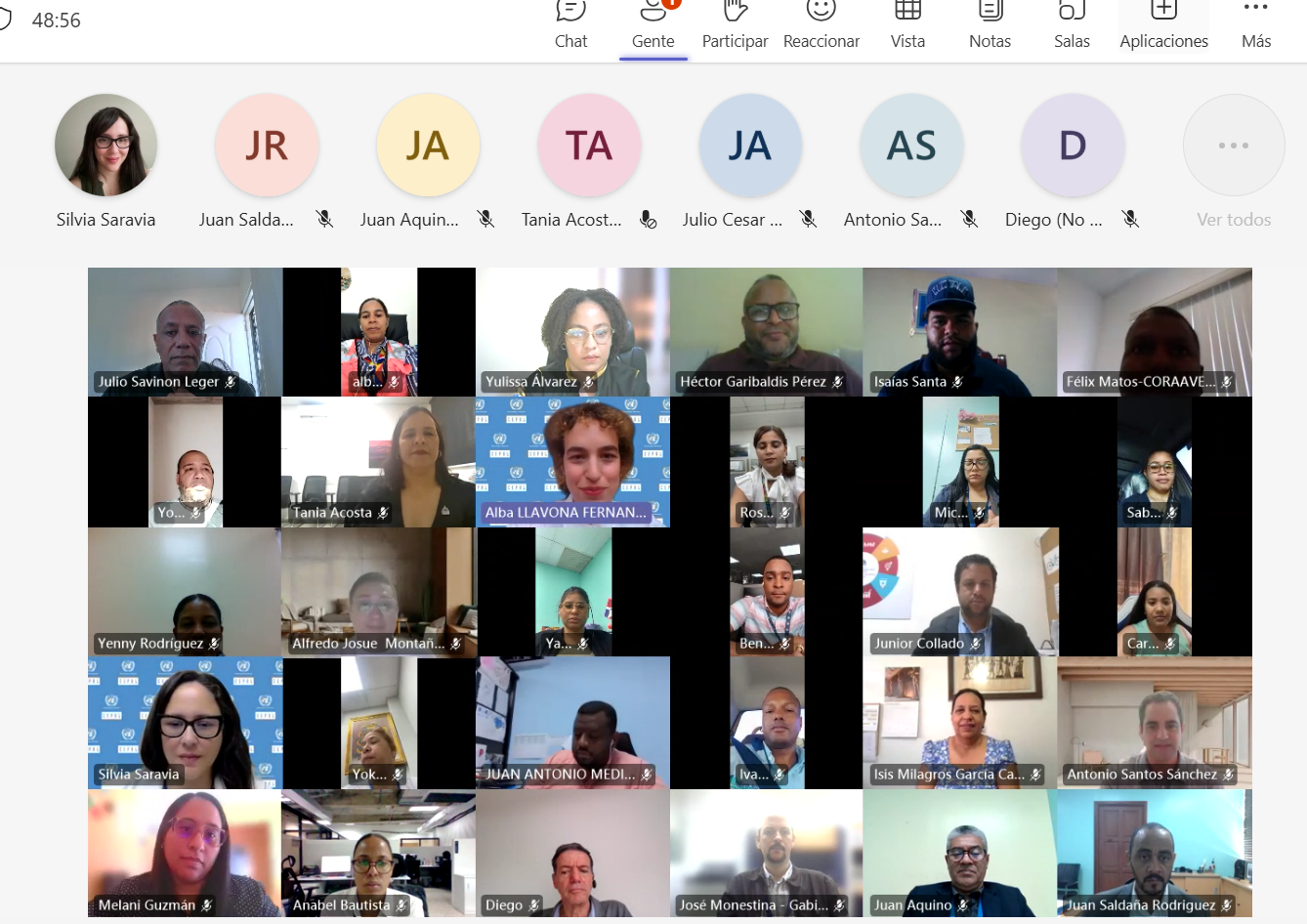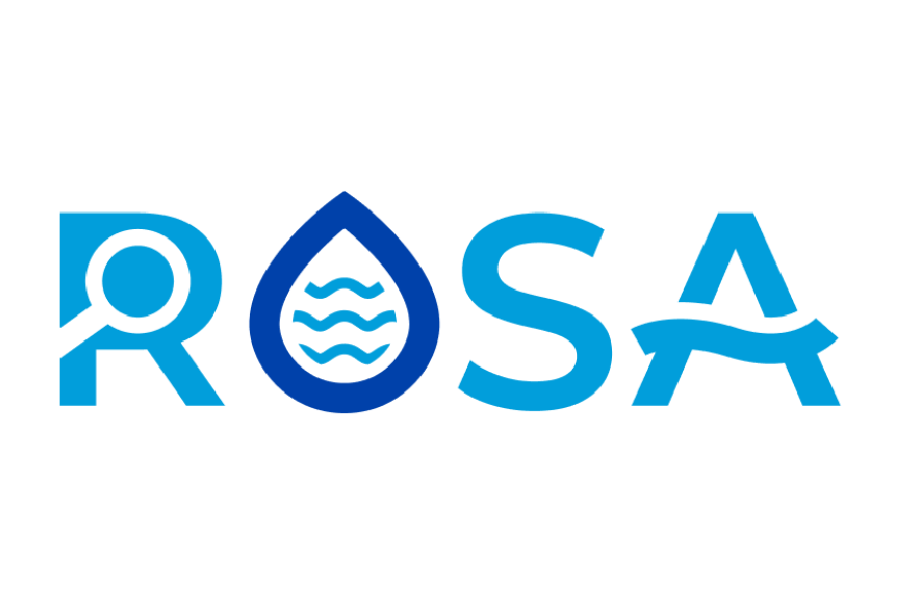The Virtual Capacity Building Cycle of the ROSA Project in the Dominican Republic has Concluded: Strengthening Capacities for Sustainable Water Management
Work area(s)
Topic(s)
With the sixth and final session held on February 24, the online capacity building cycle organized by ECLAC within the framework of the ROSA Project (Network and Observatory for Water Sustainability) successfully concluded. This initiative was aimed at government institutions in the Dominican Republic. Over the course of three key sessions, priority topics were addressed, including transboundary cooperation, the economic valuation of water, and circular models applied to the water sector—thus consolidating a comprehensive training process for more resilient and efficient water resource management.

ECLAC, through its Natural Resources Division, carried out a virtual capacity building cycle as part of the ROSA Project, aimed at representatives from government institutions in the Dominican Republic. This training process sought to strengthen technical capacities, promote regional exchange, and provide key tools for integrated and sustainable water management.
The cycle concluded on February 24, 2025, with the sixth session, focused on three strategic pillars: circular economy in water and sanitation, methane emissions and recovery, and the use of indicators for sustainable water management. During this session, Mr. Pedro Chavarro, expert from ECLAC, emphasized the importance of reducing methane emissions from wastewater treatment plants due to their high global warming potential. Mr. Diego Fernández, senior expert at ECLAC, discussed the transformative potential of the circular economy, noting that up to 99.8% of wastewater can be reused with proper treatment. Lastly, Mr. Antonio Sánchez, another ECLAC expert, presented key indicators linked to the Sustainable Development Goals (SDGs)—especially SDG 6—as essential tools to evaluate and improve the efficiency of water systems.
This final session built upon knowledge developed in earlier ones. The fourth session, held on February 7, focused on transboundary water governance, highlighting the challenges and opportunities related to the Dominican Republic’s potential accession to the UN Water Convention. This session included participation from UNECE experts, Dominican officials, and representatives from other Latin American countries such as Panama. It was emphasized that the convention, as a legal instrument, can facilitate binational dialogue—particularly with Haiti—and promote access to technical and financial support, while strengthening institutional capacities for shared water resource management.
Meanwhile, the fifth session, held on February 14, addressed the economic valuation of water as a mechanism for efficient and equitable management. Mrs. Silvia Saravia Matus, Economic Affairs Officer from ECLAC’s Water and Biodiversity Unit, underscored the relevance of this approach in water crisis contexts. Alongside other experts from the Natural Resources Division, the session explored different schools of economic thought and regional experiences in water pricing, featuring cases from Chile, Mexico, and Jamaica. The Dominican Republic was also recognized for its progress in designing potable water tariffs, positioning the country as a regional leader in good practices in the Caribbean.
Through this training cycle in partnership with the Dominican Republic, the ROSA Project established a platform for dialogue, capacity building, and technical cooperation. The process concludes with a call to continue strengthening national capacities and advancing evidence-based public policies to ensure equitable access and the sustainable use of water in the Dominican Republic and across the region.
You can read more about the other virtual training sessions here.
